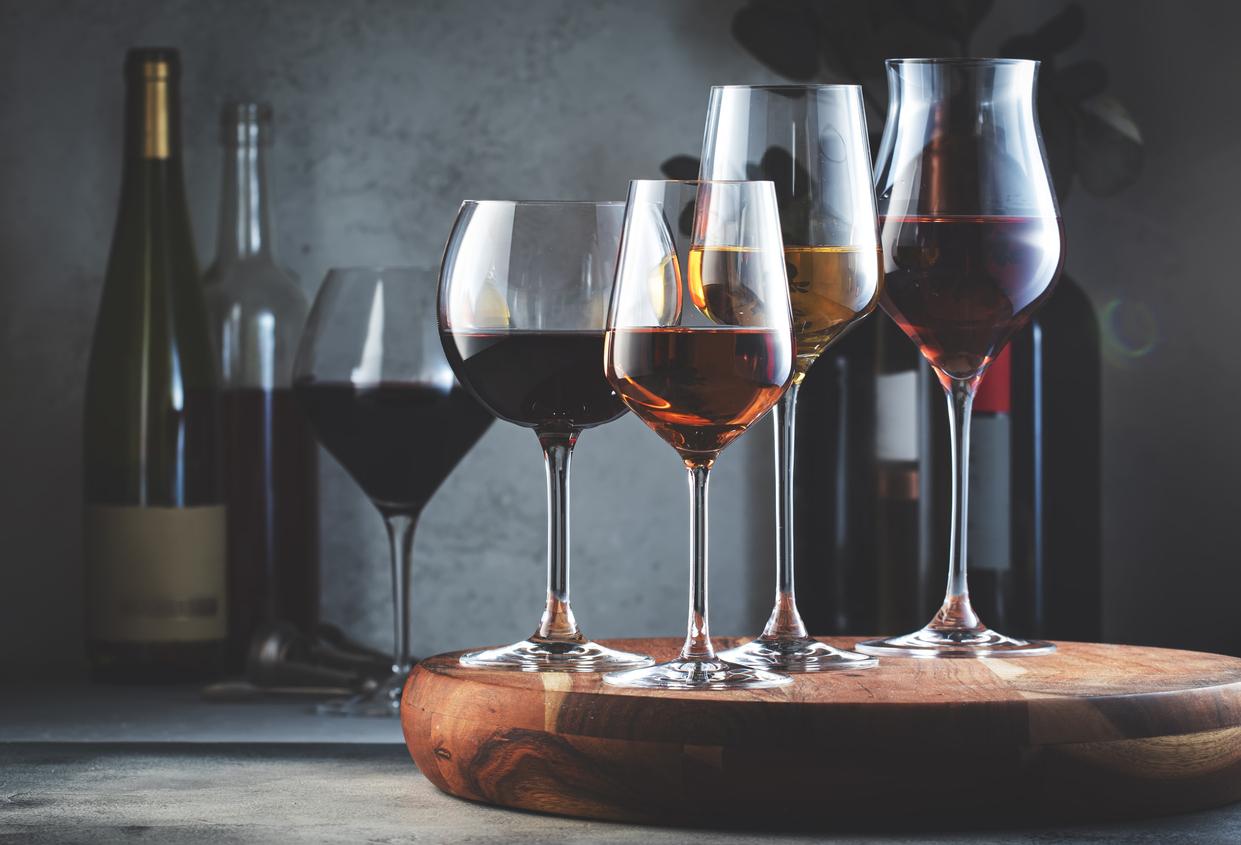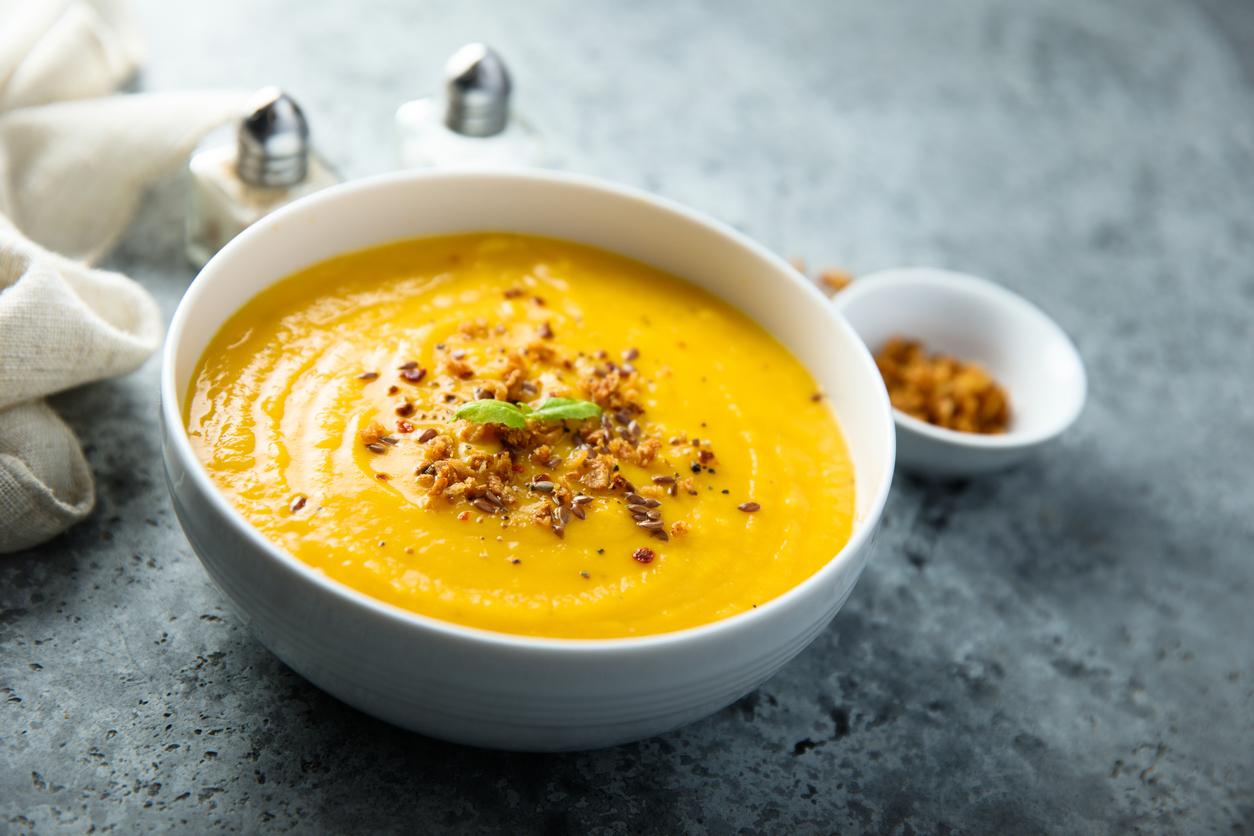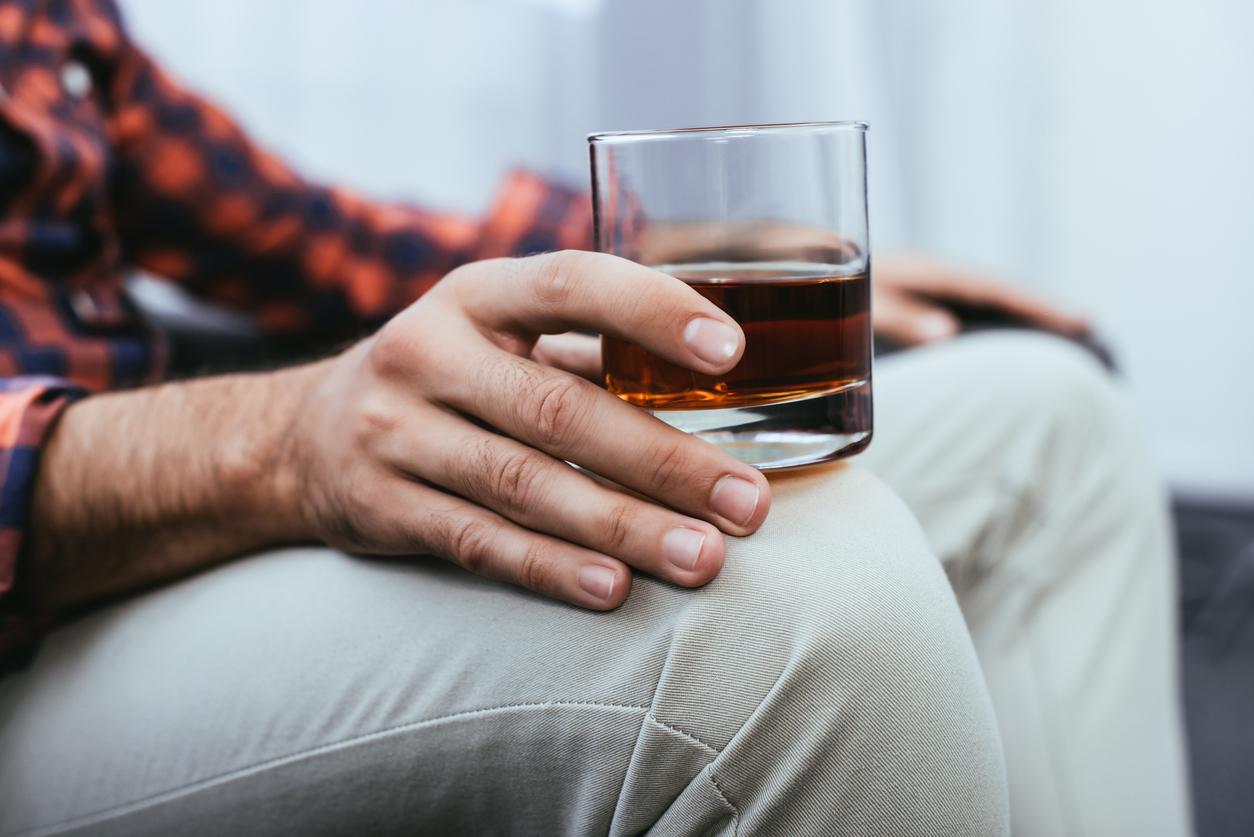In England, an experiment shows that eliminating large glasses of wine in bars and restaurants helps reduce alcohol consumption.

- In England, 21 bars and restaurants have removed large glasses of wine from their menu.
- This led to a reduction in alcohol consumption.
- According to the authors of this study, this is an interesting avenue for reducing alcohol consumption in the country.
Reduce the size of glasses to reduce the amount of alcohol consumed. According to a study published in PLOS Medicine, this strategy is bearing fruit. The authors, researchers from the University of Cambridge in the United Kingdom, demonstrated this in an experiment carried out in bars, pubs and restaurants.
Alcohol: an essay on reducing the quantities offered in bars and restaurants
As a preamble to their study, they explain what led them to carry out this test. They first started with an observation: previous research has shown that reducing the size of food portions reduces the amount of food people eat. This allowed them to raise the following hypothesis, reducing the portion size of alcoholic beverages could help reduce alcohol consumption. “We’ve asked 21 licensed establishments in England to remove their largest serving of wine by the glass (usually 250ml) from the options available for 4 weeks.”, explain the authors. These bars, pubs and restaurants then transmitted information on the volume of wine sold each day, before and during this experiment. “The removal of the largest portion of wine by the glass in approved establishments reduced the volume of wine sold by 7.6%., they observe. No increase in beer and cider sales was noted.
Reducing the size of glasses reduces the amount of alcohol consumed
The authors note an increase in sales of small portions of wine by the glass, generally 125 ml and 175 ml, but no impact on sales of wine by the bottle. “Despite the decrease in the volume of wine sold, there has been no change in daily revenue, likely reflecting an increased profit margin for smaller glasses of wine.”, they note. For the authors, this study shows that when the largest serving of wine is not available, people turn to smaller glass sizes and ultimately drink less alcohol. “This suggests that this is a promising avenue for reducing alcohol consumption among populations, which merits consideration in the context of alcohol licensing regulations.“, observe the British researchers.
Alcohol: there is no risk-free consumption
They recall that alcohol consumption is the fifth leading cause of premature death and disease worldwide. In France, it is second cause of preventable death after tobacco. Alcohol consumption is associated with risk of cancer, cardiovascular disease, digestive diseases, accidents, suicide and other health problems. If there is no risk-free consumption of alcohol, since 2017, health authorities have advised not to exceed ten glasses of alcohol per week, without exceeding two glasses per day and not every day.


















